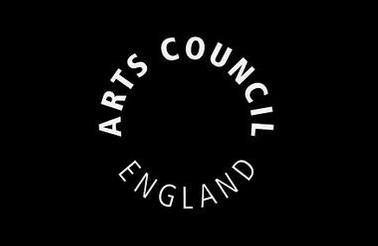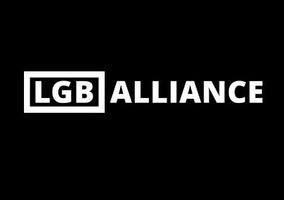Arts Council England (ACE) has pledged to implement recommendations from a review, to which almost all staff of Black, Asian and ethnically diverse backgrounds reported negative experiences at the charity in relation to their race.
Most disabled staff who engaged in the review described instances in which the organisation had not considered their access needs or preferences.
The review found that debate around gender reassignment at ACE, which this month reached an agreement with an employee harassed at the charity over her gender critical views, had become “a major fault line” for the charity.
ACE employees also told the review by consultancy Nous, commissioned last year, that the charity does not represent a broad range of socio-economic backgrounds.
The report recommends a consistent application of workplace adjustments, improving staff awareness of available support; making career progression routes and complaints processes more transparent; ensuring managers are able to create an inclusive culture; clarifying the role of staff networks; upholding ACE’s duty around team member’s personal beliefs, and reinforcing its purpose and identity.
Darren Henley, chief executive of ACE, wrote in response to the review: “As an organisation, and a leadership team, we are now focused on implementing these recommendations and to seeing culture change take place.
“This will mean making some changes to our systems and processes, but it will also mean continuing to talk to each other about how we act and how we treat each other.”
Black staff racially stereotyped
The review found that the experiences of Black, Asian, and ethnically diverse staff varied across ethnicity groupings.
Almost all Black staff who engaged with the review shared experiences of racial stereotyping, bias, and micro-aggressions.
Black staff often had concerns around their advancement opportunities, the review found, and many expressed concerns that leadership did not take clear and consistent positions on issues such as Black Lives Matter.
However, the review heard some positive examples of staff experiences in relation to ethnicity, particularly at senior levels of leadership.
Ableist attitudes
The report says that a recruitment drive has led to greater numbers of disabled, deaf and neurodiverse staff at the charity.
However, most disabled staff who engaged in the review described instances in which the organisation had not considered their access needs or preferences.
They recounted experiences of facing challenging ableist attitudes and discrimination within the charity from colleagues, line managers, and more senior leaders.
“These experiences evidently deeply impacted the wellbeing of these individuals,” the report says.
Gender reassignment ‘fault line’
The report says that debate around gender reassignment is “a major fault line” in the charity.
Communications from the ACE’s leadership have left staff with different beliefs unsatisfied, the review found.
“Both gender critical and non-gender critical staff colleagues have contributed to an environment where other staff colleagues may feel harassed,” it says.
“The harm, stress, and genuine hurt that staff colleagues feel was obvious and heartfelt.
“These emotions and experiences exist for colleagues who hold gender critical views and those who do not.”
Staff with both sets of beliefs reported feeling harmed by their colleagues.
Interviewees said that the charity had not previously experienced a similar internal division around belief.











